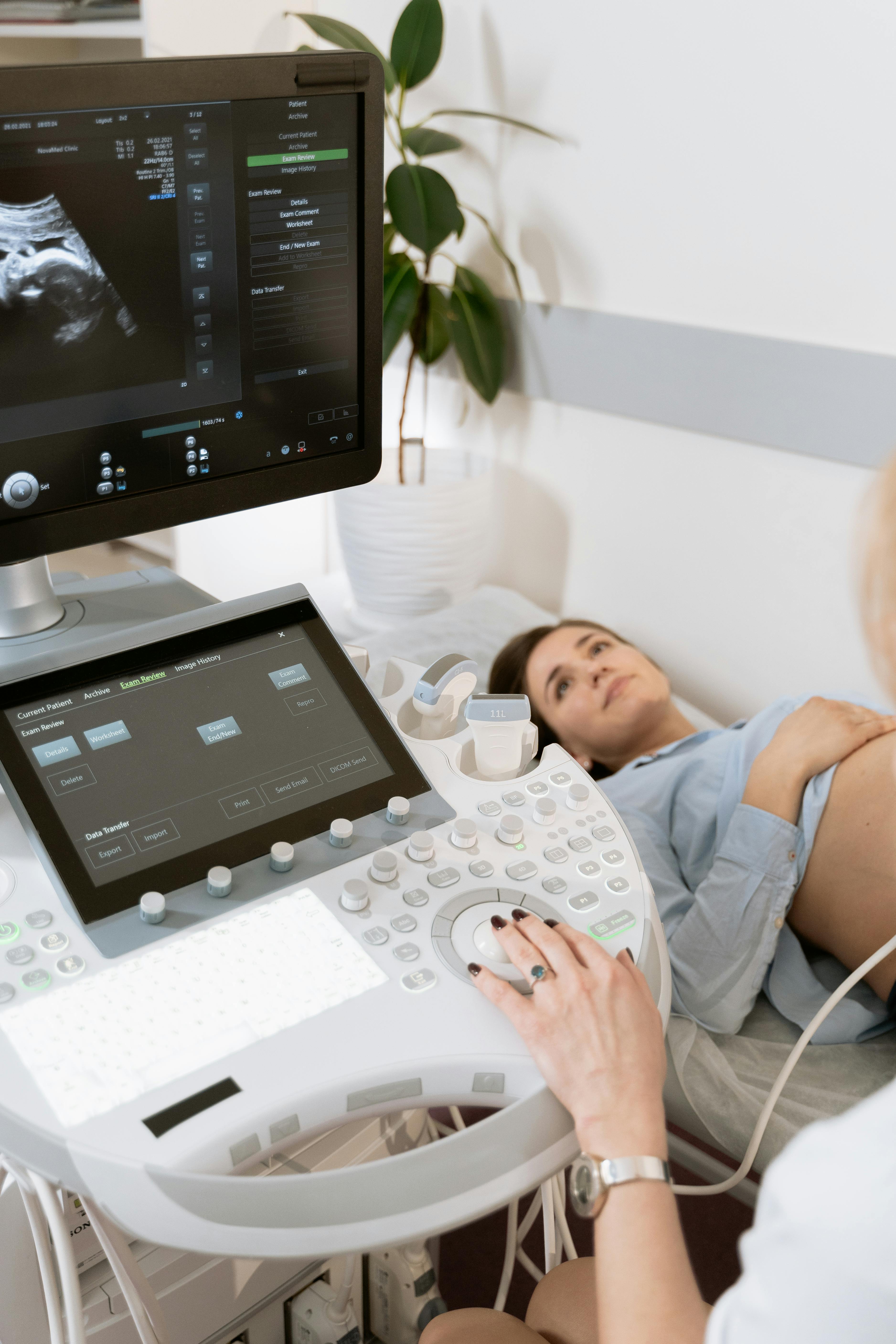Understanding and Managing Urinary Tract Infections and Cystitis during Pregnancy: A Comprehensive Guide

Pregnancy is a beautiful journey filled with joy and anticipation. However, it also prompts significant changes in the body, increasing susceptibility to certain health concerns. Two such common health issues during pregnancy are urinary tract infections (UTIs) and cystitis. This comprehensive guide will provide an insight into understanding and managing UTIs and cystitis during pregnancy.
Understanding Urinary Tract Infections (UTIs)
In essence, UTIs are infections that impinge on any part of your urinary system inclusive of the bladder, kidneys, and the tubes that connect them. While UTIs could present themselves at any stage of life, they are particularly common during pregnancy. This prevalence is attributed to the hormonal changes and physical adjustments that occur in the body, making it easier for bacteria to inhabit and multiply in your urinary tract.
Symptoms of UTIs often include discomfort or a burning sensation during urination, frequent urination, and lower abdominal pain. However, in some cases, UTIs might be asymptomatic during pregnancy, which emphasises the importance of regular urine tests during prenatal visits.
What is Cystitis?
Cystitis is essentially a specific type of UTI that affects the bladder, causing inflammation and irritation. During pregnancy, the hormonal fluctuations and the expanding womb can press on the bladder, making it challenging to entirely empty it during urination, setting the stage perfectly for bacteria to breed and bring about an infection. Symptoms of cystitis are similar to UTIs and might also include traces of blood in your urine.
Implications of UTIs and Cystitis during Pregnancy
If left untreated, UTIs and cystitis can potentially escalate to kidney infections, which might call for hospital treatment and could also heighten the risk of preterm labor and low birth weight babies. Hence, early detection and prompt treatment of these conditions are vital to ensure the health and safety of both the mother and the child.
Detection and Diagnosis
Regular prenatal urine tests are routine and fundamental during pregnancy to promptly uncover any infections, including UTIs and cystitis. If you experience any symptoms associated with these ailments, it’s crucial to consult your healthcare provider right away. Diagnosis usually involves a routine urine test followed by a urine culture test if necessary.
Maneuvering UTIs and Cystitis through Treatment and Prevention
Treatment for UTIs and cystitis typically involves a course of antibiotics that are safe to use during pregnancy. Just make sure to complete the entire course as advised by your doctor, even if the symptoms subside. A follow-up test is generally recommended post-treatment to ensure the infection has been entirely eradicated.
Prevention is always better than cure, especially during pregnancy when the well-being of two individuals is at stake. Some preventive measures include drinking plenty of fluids to help flush bacteria out of your urinary system, emptying your bladder frequently and completely, avoiding heavily perfumed bath products, maintaining good personal hygiene, and wearing breathable underwear.
Conclusion
Navigating through pregnancy while dealing with UTIs or cystitis can be challenging. However, the key to managing these conditions effectively lies in early detection, appropriate treatment, and diligent self-care. Take note of any changes in your health, report them to your healthcare provider promptly, and stay proactive about your prenatal care. That way, you can enjoy your pregnancy while ensuring you and your baby are safe and healthy. Hence, when it comes to UTIs and cystitis during pregnancy, education, care, and prevention go a long way.





